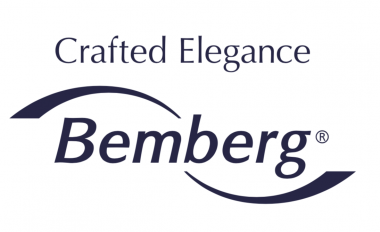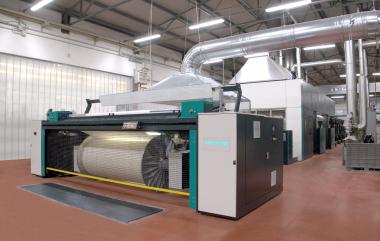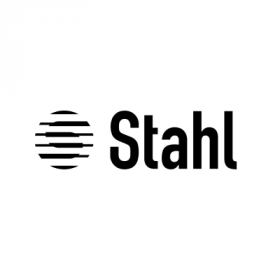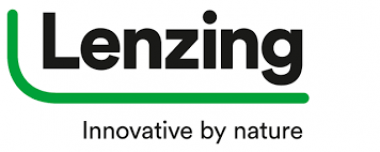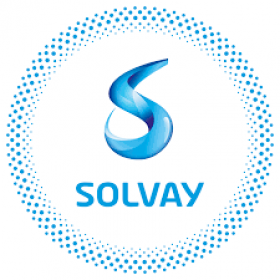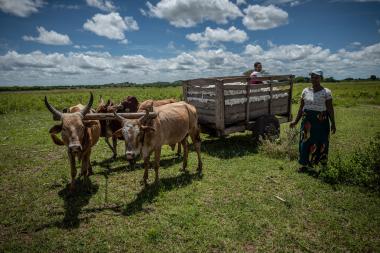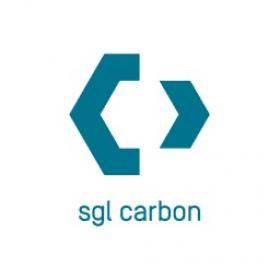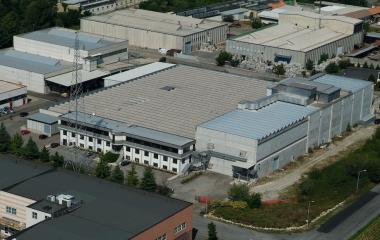Asahi Kasei presents fibrillation finishing technology and LCA study report
Bemberg™ by Asahi Kasei presents its Velutine™ Evo brand, a finishing refinement technology developed by the Japanese laboratories of Asahi Kasei for Bemberg™. It offers a new way to generate fibrillation, featuring fabrics with a more “quiet-relaxed” appearance combined with a delicate and sensitive touch. VelutineTM Evo also brings environmental, global warming (CO2 emission) and water profiles for the benefit of BembergTM partners in the manufacture.
The roll out of the evolved VelutineTM Evo technology will start its journey and activation with Infinity, a BembergTM partner and textile manufacturer located in Rovereto, in the Trentino Alto Adige area of Italy. Research and experimentation with new materials and finishings are part of Infinity’s daily work and results are guaranteed through attention to traceability, the use of certifications, and quality control throughout the process. Each material is closely selected from a sustainability standpoint, while the chemical impact of treating textiles is something that they also take extremely seriously. Infinity guarantees the traceability of every product that they make. Every step of the working process can be traced, thanks to a network of trusted suppliers who share their ethos and values.
Asahi Kasei is also releasing the LCA study report - Life Cycle Assessment. The study evaluated and quantified the environmental impact indicators associated with the technological processes involved in the production of BembergTM dyed fabric through the application of the traditional technology of fibrillation. LCA report study made by Centro Tessile Serico Sostenibile confirms all the projected data savings:
- Global Warming Potential: 30% reduction in greenhouse gas emissions
- Water consumption for ennobling process: 40% reduction
Asahi Kasei / C.L.A.S.S. Eco Hub


